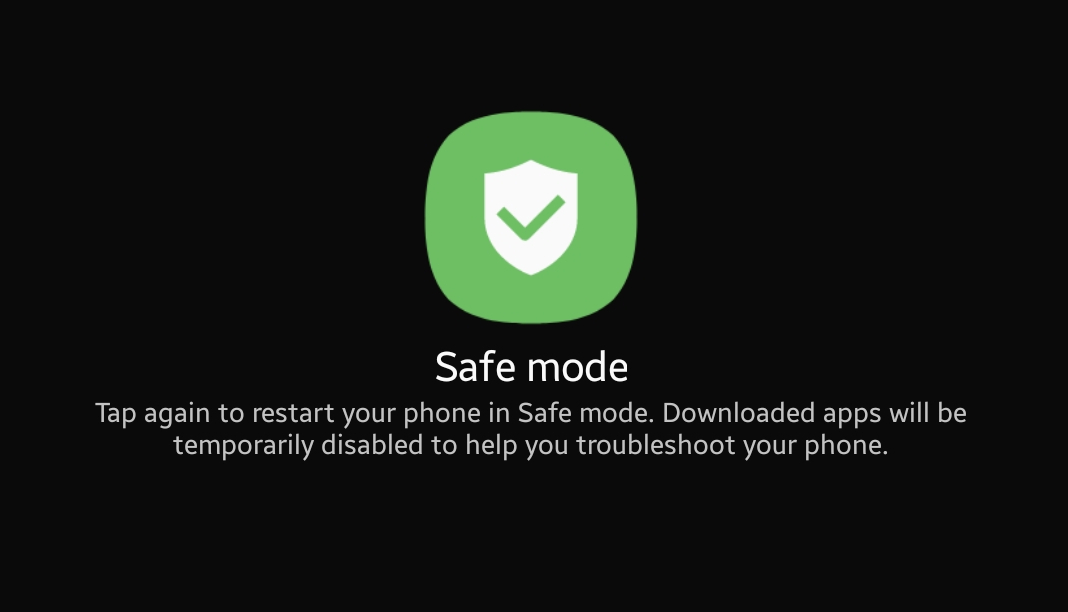N4521U
Colonel
Be extra careful if you have a package being shipped and get a DHL notification to download an app for following.
I have posted a package to N. Carolina from Sydney, aside from the package taking a few weeks to get off the ground and to the U.S. (Covid)?
I just today had a message in Messenger to down load DHL's tracking App.
First indicator should have been "if it is not able to download, got to settings and.........." It's F'n mallware.
When you go to Settings, Apps as soon as you get to where DHL sits to delete it, this window will close. And MESSENGER is no longer your preferred app, It Don't work!
The DHL Mallware now has control of messages and sends them out like crazy.
It must be deleted in an android from SAFE mode. Take just a couple of minutes but This page on this link worked a treat.

 thedroidguy.com
The video is no longer available, but the description below it is right on!!
thedroidguy.com
The video is no longer available, but the description below it is right on!!
What crap.....................................
Bill (Davidsonski)

I have posted a package to N. Carolina from Sydney, aside from the package taking a few weeks to get off the ground and to the U.S. (Covid)?
I just today had a message in Messenger to down load DHL's tracking App.
First indicator should have been "if it is not able to download, got to settings and.........." It's F'n mallware.
When you go to Settings, Apps as soon as you get to where DHL sits to delete it, this window will close. And MESSENGER is no longer your preferred app, It Don't work!
The DHL Mallware now has control of messages and sends them out like crazy.
It must be deleted in an android from SAFE mode. Take just a couple of minutes but This page on this link worked a treat.

How To Remove A Virus On Samsung With Safe Mode
There is usually a number of methods to effectively remove a virus in a Samsung device and one of them is by restarting to Safe Mode. Similar to Windows Safe
What crap.....................................
Bill (Davidsonski)
